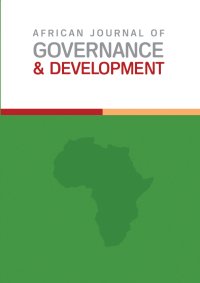Impediments to the Prevention of Corruption in the Department of Home Affairs: The Case of the Counter Corruption Unit
Main Article Content
Abstract
In our democratic state it is vital to continue the fight against corruption. Although it has never been easy to successfully prevent corruption in any democratic society, anticorruption efforts remain important. The spread of corruption continues to affect every
aspect of society in South Africa, and is a pandemic that undermines the government effort to spend public money for service delivery effectively. Acts of corruption threaten every citizen, but mostly those who are vulnerable. Effective implementation of anti-corruption
systems remains the biggest challenge in the public sector. The literature argues that corrupt activities that are taking place in government structures cause citizens to lose confidence in the public sector. This paper reports on a study whose aim is to investigate
what the impediments to the prevention of corruption in the Department of Home Affairs (DHA) are. The study is qualitative in nature, with primary and secondary data collected and analysed. The primary data was collected from the DHA and the secondary data from
government documents, gazettes, books and journal articles. The key finding is that the DHA Counter Corruption Unit is short staffed and some officers/officials are unskilled and have too little experience to support the unit’s mandate to eradicate corruption in the
department. This article concludes that, in order for the DHA to effectively fight and prevent corruption, it must recruit officials who are skilled, experienced and corruptionfree for its Counter Corruption Unit.
Article Details

This work is licensed under a Creative Commons Attribution-NonCommercial-NoDerivatives 4.0 International License.
